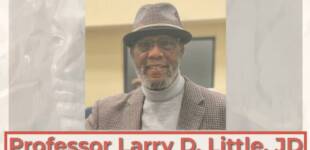State continues to verify eugenics victims
More victims of the state’s former Eugenics Board Program have come forward, including five in Forsyth County.
According to the latest numbers from the N.C. Justice for Sterilization Victims Foundation, 186 individuals in 61 counties have been confirmed. One hundred and sixty-eight of them are living victims.
The N.C. Eugenics Board implemented a program of involuntary sterilization that took place in all 100 counties between 1929 and 1974. By the end of the program, nearly 7,600 documented people were sterilized. The poor and those with intellectual disabilities were most often targeted by the program.
Finding victims is important, because Gov. Bev Perdue had set aside funds in the current budget to compensate victims, but the GOP-controlled General Assembly quashed that plan. There is still hope of compensating survivors and/or families in the next budget year.
“Despite reduced staff and funding, outreach is continuing and we are confirming more cases,” said Perdue. “We came so close to achieving compensation for those who were victimized by the state before the Legislature refused to approve my budget recommendation. We cannot stand idle on the sidelines while these aging citizens die without due compensation from what the state did to them.”
Gov. Perdue’s budget called for providing $50,000 compensation to each living victim, as well as certain health services and establishing a permanent exhibit about the Eugenics movement in the N.C. Museum of History. In June, the N.C. State Center for Health Statistics revised down the number of likely living victims from about 1,500 to 2,000 to about 1,350 to 1,800.
Thus far, Lenoir County continues to have the highest number of verifications with 24 matches to N.C. Eugenics Board records. It is where the Caswell Center, a treatment facility for those with intellectual disabilities, is located. Mecklenburg, which had the highest number of procedures of any North Carolina county, follows with 13 verifications, then Wake with 11.










